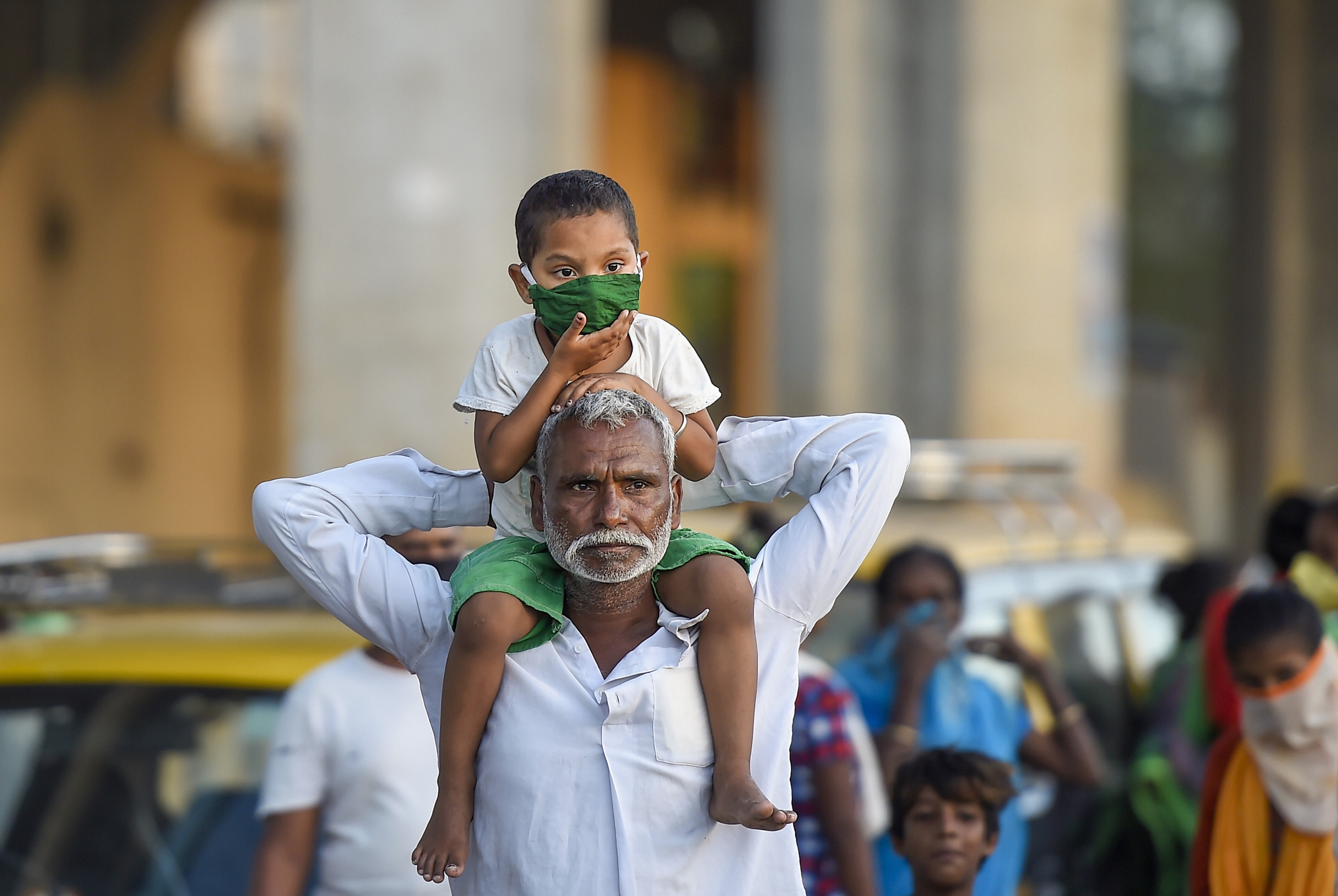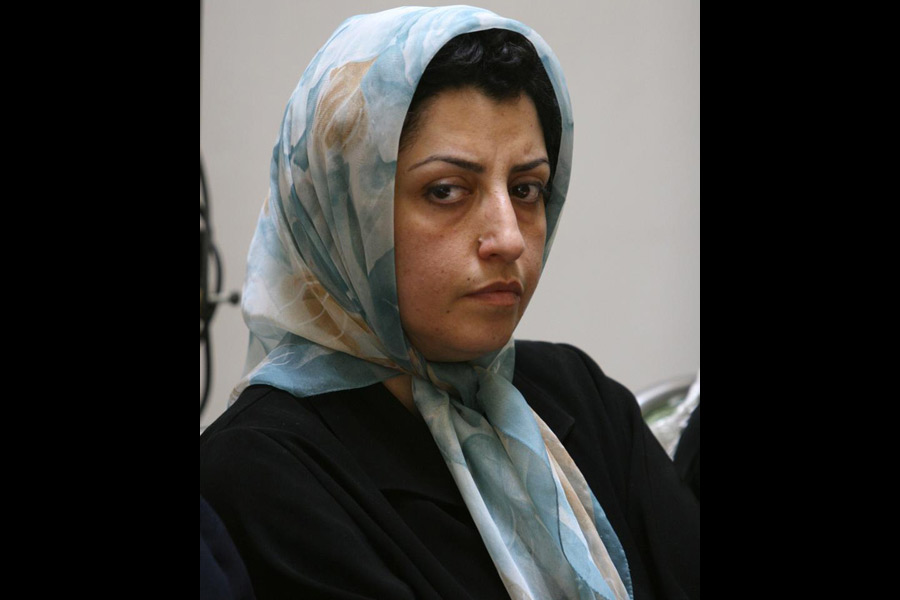Money matters. Funds meant for public welfare matter all the more at the time of a pandemic. The decision by the Centre to slash the salaries of parliamentarians by 30 per cent for the entire financial year must thus be welcomed, even if it is only a symbolic poultice for a fester of gargantuan proportions. Surprisingly, some of the measures adopted to accumulate financial resources to fight the coronavirus pandemic have not been free of controversy. The University Grants Commission has nudged employees of Central universities to contribute to the mint-new Prime Minister’s Citizen Assistance and Relief in Emergency Situations. The rationale behind the creation of PM-Cares fund is unclear, since a similar repository, the Prime Minister’s National Relief Fund set up by Jawaharlal Nehru, has been in place since 1948. Perhaps the present prime minister does not like sharing claims of benevolence with other luminaries. The Centre has, hearteningly, decided to accept foreign aid for PM-Cares. This is a pragmatic decision under these trying circumstances, even though Narendra Modi and his government had denied Kerala the right to receive similar assistance during the floods. A friendlier state government may have softened the Centre’s heart. There is also the serious matter of the suspension of MPs’ local area development scheme. Fighting the contagion requires interventions at the grass roots. Administering these needs at the ground level would be difficult for the Centre. The funds for MPLADS, with adequate riders, could have been spent to get better results in this respect. There is apprehension that the Centre’s prioritized interventions may not have the desired impact at the local level. Some of Mr Modi’s other priorities remain equally inexplicable. Why has the Centre not scrapped the Central Vista project, even though it is expected to burn a hole worth Rs 20,000 crore in the exchequer? This money must be used in India’s desperate fight against the virus.
The answers to these quandaries lie in Mr Modi’s fondness for the principles of centralization and self-aggrandizement. This, in turn, bares another bitter truth. Competitive populism now lies at the heart of welfarism. This is so because it is an effective way to consolidate the cult of the supreme leader. There is nothing, as they say, called a free lunch in politics.










